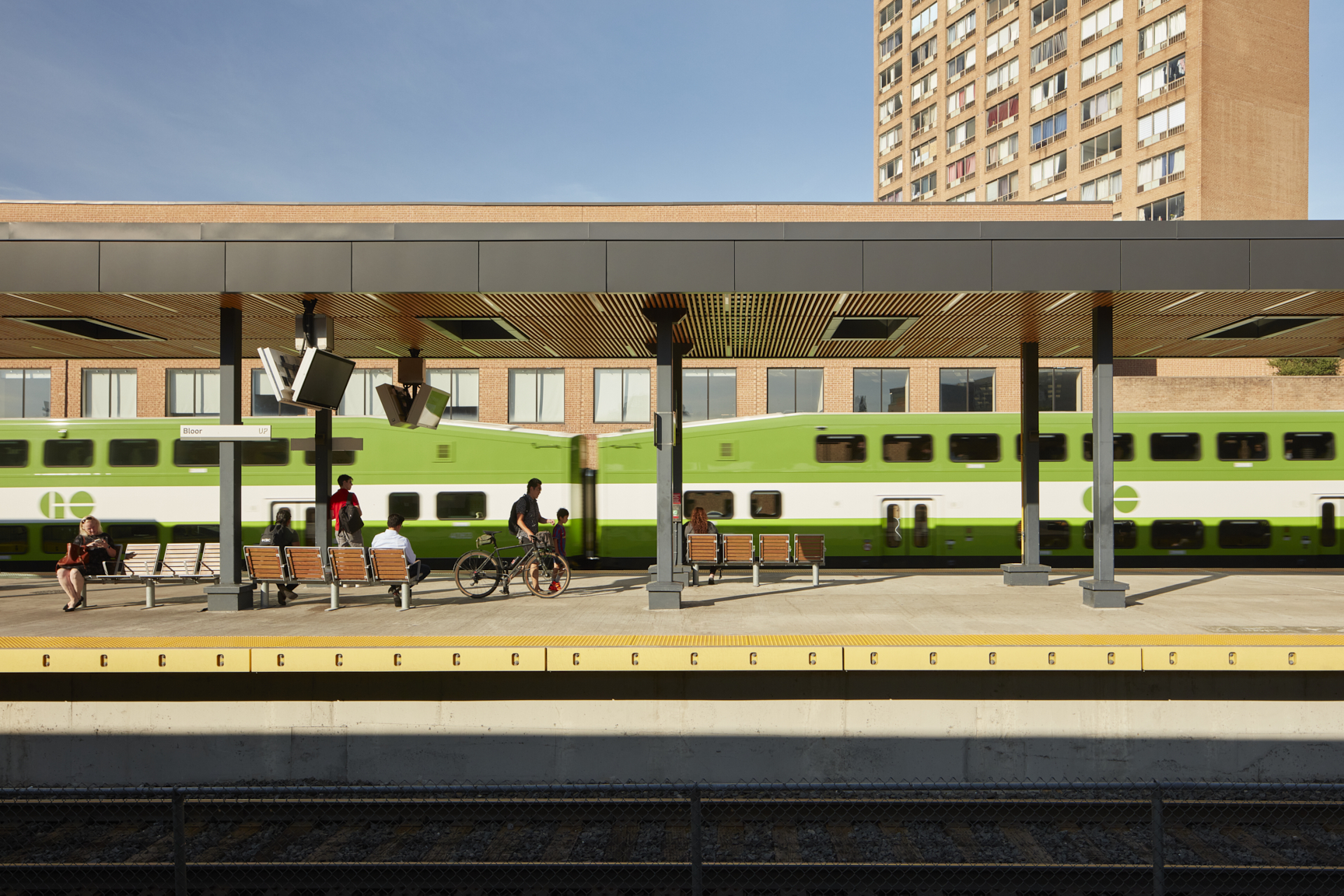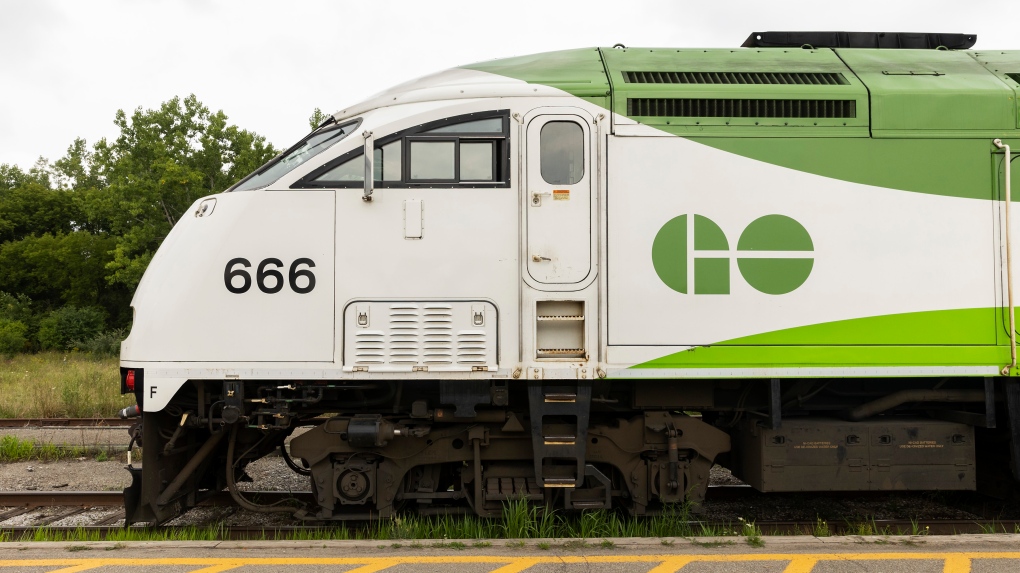crs1026
Superstar
I'm curious about the claim made in the article that some railways in other places do offer "European style" dedicated bike cars.
My own impression is that this is an urban myth - while there are certainly bike spaces on many countries' trains, the actual bike capacity is very low and only a few bikes per carriage is the norm. It would be quite unusual to have large numbers of passengers vying for a very limited amount of space, and few if any railways offer any guarantee that there will always be room if one brings a bike.
Can anyone cite precedents for large scale bike train services?
- Paul
My own impression is that this is an urban myth - while there are certainly bike spaces on many countries' trains, the actual bike capacity is very low and only a few bikes per carriage is the norm. It would be quite unusual to have large numbers of passengers vying for a very limited amount of space, and few if any railways offer any guarantee that there will always be room if one brings a bike.
Can anyone cite precedents for large scale bike train services?
- Paul






